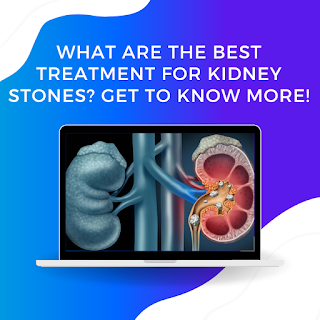What You Need to Know About Urological Issues in Men
Attention, all men! Have you been experiencing discomfort or unusual symptoms in your nether regions? Don't worry; you're not alone. Urological problems are extremely common among men and can affect their quality of life. From urinary tract infections to prostate cancer, there is a myriad of issues that can cause discomfort or even severe health complications. In this blog post, we'll explore a few common urological problems experienced by men and provide some advice on how to prevent and treat them. So sit back, relax, and read on – it's time to take control of your urological health!
Types of Urological Conditions
1. Urinary tract infection (UTI)
A UTI is an infection in any part of the urinary system, including the
kidneys, bladder, or ureters. Symptoms include burning during urination,
frequent need to urinate, and blood in the urine.
2. Enlarged Prostate
Also known as benign prostatic hyperplasia (BPH), this condition occurs
when the prostate enlarges due to age or hormonal changes, causing difficulty with
urinating and other symptoms like increased frequency of urination at night.
3. Benign prostatic hyperplasia (BPH)
Benign prostatic hyperplasia is a common problem that men face. The
prostate is a gland in the male reproductive system. It produces seminal fluid,
which helps to keep sperm alive and healthy. BPH is a condition where the
prostate enlarges gradually due to excess build-up of fluids in the organ. The
enlarged prostate can cause difficulty urinating, frequent urinary tract
infections, and decreased sexual function. Treatment for BPH typically involves
surgically removing part or all of the enlarged prostate.
4. Erectile dysfunction (ED)
ED affects a man's ability to achieve or maintain an erection sufficient
for satisfactory sexual activity making sex impossible or uncomfortable.
Incontinence is involuntary urine leakage due to weakened muscles around your
bladder and pelvic floor muscles, as well as damaged nerves controlling them,
leading to poor bladder control.
5. Kidney stones
These hard mineral deposits form in your kidneys. They can make it
difficult for you to pass urine properly, leading to pain while passing urine
or kidney colic, a severe pain lasting minutes to hours caused by blockage due
to stones lodged in either side of the body ureter tube connecting the kidney
and bladder.
If you want to learn more about each problem or want additional advice
on how best to deal with them, do not hesitate to reach out to the Top Urologist Doctors in Agra.

.png)


Comments
Post a Comment